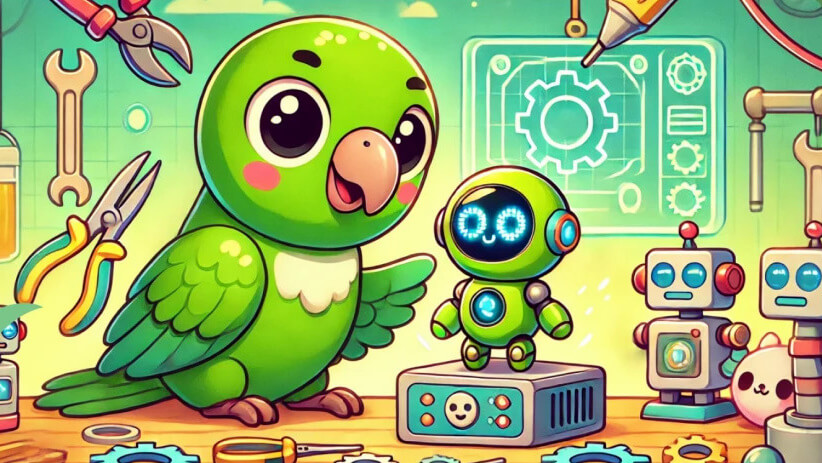Imagine a world where every guest feels like a VIP, bookings manage themselves, and your staff isn’t drowning in repetitive tasks.
NB: This is an article from Chatlyn, one of our Expert Partners
Subscribe to our weekly newsletter and stay up to date
Welcome to the future of the hotel industry, powered by AI agents. Let’s break down what these tools are, how they work, and why they’re a game-changer for guest experience.
What the Heck is an AI Agent? (And Why Should Hotels Care?)

An AI agent is like a digital employee that automates tasks, makes decisions, and interacts with guests or systems – all without coffee breaks. For hotels, this could mean a chatbot resolving a booking issue at 2 AM or a system that upsells spa packages based on a guest’s preferences. Think of it as your 24/7 hospitality ninja.
5 Types of AI Agents Crushing It in the Hotel Industry
Not all AI agents are created equal. Here’s the lineup:
- Simple Reflex Agents: “If a guest asks for towels, send towels.” Basic but reliable for routine tasks.
- Model-Based Agents: Remembers guest preferences. “Mr. Smith hates feather pillows? Noted.”
- Goal-Based Agents: Optimizes for outcomes. “How do we increase upsells during check-in? Let’s push that suite upgrade!”
- Utility-Based Agents: Balances priorities. “Should we offer a late checkout or a dining discount? Let’s calculate the revenue impact.”
- Learning Agents: Gets smarter over time. “Hmm, guests booking via Instagram prefer poolside rooms. Let’s adjust recommendations.”
Is ChatGPT an AI Agent? (Spoiler: Sort Of…)
ChatGPT is like the Swiss Army knife of AI – it can write poems, debug code, and even draft hotel responses. But is it a full AI agent for hospitality? Not quite. While it’s great at generating text, it lacks the specialized integration (like connecting to your PMS or revenue tools) that hotel-specific platforms offer. For example, platforms like chatlyn are built specifically to integrate with your existing hotel tech stack, enabling real-time communication and personalized guest experiences.





